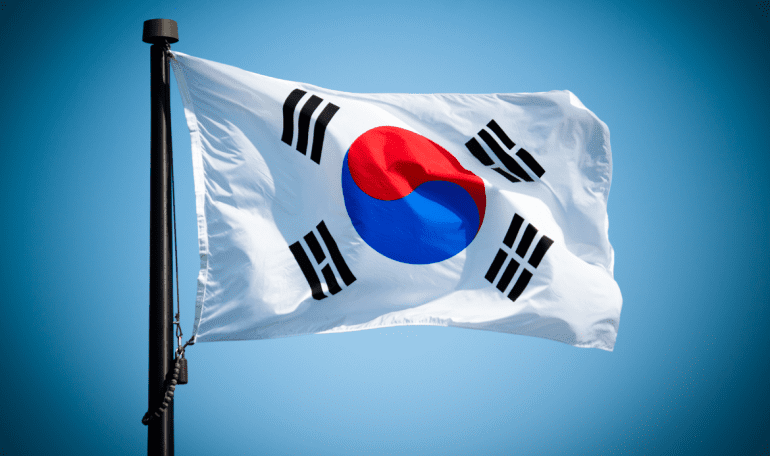- South Korea pledges $19 billion to bolster its position in the global AI chip market.
- President Yoon Suk Yeol emphasizes semiconductors as crucial for national security.
- Key initiatives include a $12.4 billion loan program and $1.8 billion for infrastructure development.
- A $730 million fund aims to support small chip material SMEs, with $3.7 billion allocated for R&D talent.
- The funding complements existing tax credits worth $55 billion and follows Japan’s $24.8 billion program.
- South Korea aims to transition from memory dominance to mastering next-gen chips by 2030.
- SK Hynix and Samsung Electronics lead in HBM chip supply, anticipating a surge in market share.
Main AI News:
In a strategic move to fortify its position in the global AI chip arena, South Korea has unveiled a formidable $19 billion funding initiative. President Yoon Suk Yeol, emphasizing the criticality of semiconductors as “a field of all-out national warfare,” revealed a comprehensive plan aimed at catalyzing growth across all sectors of the domestic industry.
The centerpiece of this initiative is a substantial $12.4 billion loan program, facilitated through the Korea Development Bank, to facilitate expansion endeavors among local firms. Additionally, a portion of the funding, approximately $1.8 billion, will be earmarked for the swift development of essential infrastructure, such as roads and water facilities, crucial for establishing “semiconductor mega clusters.”
Further bolstering the ecosystem, South Korea intends to establish a $730 million industry ecosystem fund to support fabless and chip material SMEs, alongside allocating $3.7 billion to nurture R&D talent over the next three years. This commitment supplements existing government tax credits amounting to $55 billion, according to Bloomberg’s data.
This strategic maneuver comes on the heels of Japan’s recent announcement of a $24.8 billion three-year program, signaling a concerted effort among Asian economies to secure dominance in the semiconductor realm. However, while these initiatives carry significant weight within their respective economies, they pale in comparison to the mammoth investments by China and the US, standing at $142 billion and $39 billion, respectively.
President Yoon emphasized the gravity of the situation, stating, “Nowadays, countries around the world are putting their national fates on semiconductors. This is literally waging an industrial war.” Recognizing the shifting landscape, he underscored the imperative for Korean firms to transition from memory dominance to mastering next-generation processor and system chips, including GPUs and AI semiconductors.
At present, SK Hynix and Samsung Electronics reign as the primary suppliers of high bandwidth memory (HBM) chips, commanding over 50% of the global market share. With aggressive production plans in place, industry analysts anticipate HBM’s share of global memory revenue to surge from 8% to approximately 20% this year.
Looking ahead, South Korea has set ambitious targets, aiming to rank among the top three countries in AI semiconductors, advanced biotech, and quantum technology by 2030. With a robust investment strategy in place, the nation is poised to assert its prowess in the fiercely competitive semiconductor landscape, shaping the trajectory of technological advancement on a global scale.
Conclusion:
South Korea’s substantial investment underscores its commitment to compete in the global semiconductor market. With a focus on next-generation chips and support for SMEs and talent development, the nation aims to strengthen its foothold in an increasingly competitive landscape. This initiative is poised to drive innovation and elevate South Korea’s position as a key player in shaping the future of technology.

